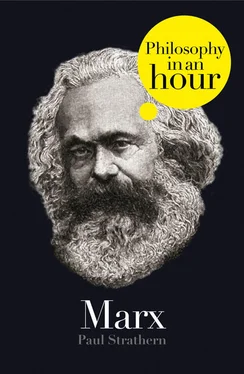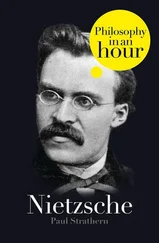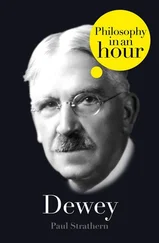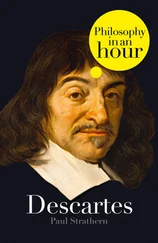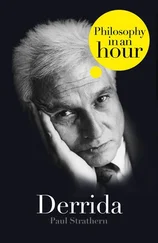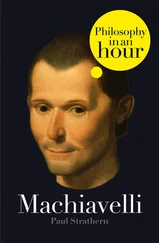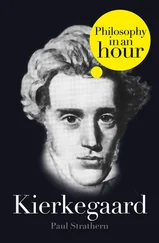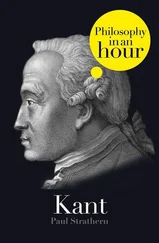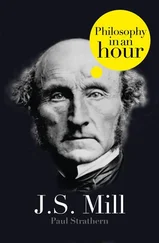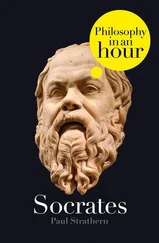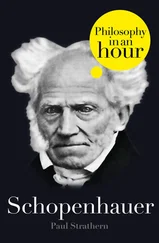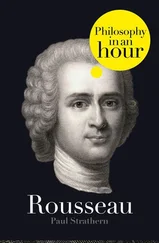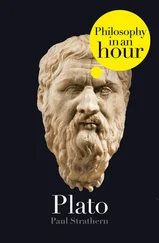A year later Marx transferred to the University of Berlin, ostensibly to continue his law studies. But by now he had discovered philosophy, and all else paled into insignificance. Berlin was the capital of Prussia, far from the wine-loving Rhineland, and here student life was a much more serious matter. This was where the great Hegel had been professor of philosophy, becoming almost the official philosophical apologist for the Prussian state. But Hegel had died five years earlier, and a wide range of his followers had by now developed his ideas in a wide range of directions. Hegel’s vast idealistic philosophical system had proved open to many contradictory interpretations, several of which were anything but sympathetic to the repressive Prussian state and all it stood for.
Marx dutifully attended the official lectures on Hegel’s philosophy but claimed that he eventually fell ill “from intense vexation at having to make an idol of a view I detested”. Ironically, Hegel proved to be one of the main influences on Marx’s philosophy. But it was the dynamics and scope of this philosophy, rather than its actual content, that appealed to Marx.
Hegel’s philosophy viewed the world and all history in terms of a vast, all-embracing, ever-evolving system. This evolution grew out of the struggle between contradictions, and worked in a dialectical fashion. Each notion implied and generated the notion of its contradiction. For instance, the very notion of “being” implied the notion of “nonbeing,” or nothingness. These two opposites (the thesis and its antithesis) then came together to form their synthesis, which was “becoming”. In Hegel’s all-embracing dialectical system, this synthesis then became a new thesis, which in its turn developed its own antithesis, and so on. This dynamic system moved through all ideas, all history, and all phenomena – up to the highest level of Absolute Spirit reflecting upon itself, which is the totality of all that exists.
More specifically, Hegel’s philosophy of history insisted that the evolution of laws and government institutions in a society reflected the ethos and character of the people who made up that society. This may seem obvious to anyone who is used to living in a more liberal society, but it was far from obvious 150 years ago in the repressive, bureaucratic Prussian state. Hegel insisted that there was a dialectical link between the state and its citizens. This dialectic assumed both a logical and an organic aspect. The evolving structure of the state and the evolving traditions of its people were part and parcel of the same thing.
Hegel’s immensely prolix and complex philosophy appeared at an opportune historical moment. Its idealism, its insistence that all was moving toward the Absolute Spirit, filled the spiritual vacuum left by a growing disillusion with religion. It was Hegel who originally pronounced “God is dead” in 1827, not his firebrand successor Nietzsche, who is usually associated with this saying. Hegel was referring here to the more limited Christian idea of God, which would be superseded by the Absolute Spirit. Even so, his remark was highly blasphemous. Yet it was buried deep in the obfuscation of his all but unreadable work, and passed largely unnoticed. As a result, his philosophy appeared essentially conservative to the Prussian authorities. Its emphasis on a vast hierarchical system seemed like the absolute dream of a bureaucratic state. It was Hegel’s insistence on the spiritual, his religiosity, and the repressive conservatism of his system that made Marx sick.
Another major influence on Marx’s intellectual development at this juncture was the German humanist philosopher and moralist Ludwig Feuerbach, who was born in 1801 and had originally studied theology. In his early twenties Feuerbach had abandoned theology in favour of studying under Hegel in Berlin. But by the time Feuerbach published his major works, he had progressed far beyond the orthodox theology and orthodox Hegelianism of his earlier years. According to Feuerbach, Christianity had nothing to do with humanity’s relation to God. This religion, like all religions, covertly involved the relation between humanity and its own essential nature. The attributes of God were nothing more or less than the projected attributes of humanity. Our so-called knowledge of God was in fact no more than knowledge about ourselves and our own nature. For Hegel, the pinnacle of his system had been God – in the form of Absolute Spirit reflecting upon itself. Feuerbach accepted this structure, and even its dynamic, but interpreted it from a humanistic viewpoint. Absolute Spirit reflecting upon itself was nothing more or less than humanity’s own self-consciousness – man’s consciousness of his own essential nature, his understanding of his substantive self. What for Hegel had been idealistic and spiritual, became for Feuerbach humanistic and materialistic. There was no “spirit” involved. As we shall see, these ideas had a profound effect on Marx, though he did not swallow them whole. Ironically (and tellingly), Marx accepted the materialism of Feuerbach’s ideas but criticized their lack of Hegelianism. Feuerbach’s ideas were fine as they stood, but they lacked all dialectical and historical perspective. History, society, humanity itself (or its consciousness of itself in the form of God) were not changeless. They all evolved. They developed dialectically: the original idea generated its own self-contradiction, which was then resolved in a synthesis of these contradictions.
The overwhelming influence of Hegel, together with the vague ambiguities of his idealism, enabled his followers to develop his thought in all directions. The original thesis of Prussian conservatism soon generated its antithesis in the form of those who called themselves the Left Hegelians. Prominent among these was the Bavarian thinker Max Stirner, who had also attended Hegel’s lectures in Berlin. Stirner’s ideas were so extreme that they would later provide a philosophical backing for the anarchist movement. There was no denying the revolutionary implications of his extreme egoism. For Stirner, consciousness created reality: the individual ego was responsible for his world. Such things as social class, the masses, the state, and even humanity itself had no objective reality. Once again, Marx would grasp the subtlety of these ideas and then reverse them. He was impressed by Stirner’s insight into the profound relationship between consciousness and socio-historical reality. But for Marx it would be consciousness itself that was in fact created by these external material circumstances, not the other way around.
Marx now began developing his own philosophy, which attempted to combine these seminal ideas into a thoroughgoing materialism driven by dialectical forces. His aim was to “stand Hegel on his head”. But Marx’s youthful passion translated such ideas into heroic form. His doctoral thesis extolled Prometheus, the ancient Greek hero who stole fire from the gods and brought it down to humanity. For his punishment, Prometheus was chained to a rock in the Caucasus, where an eagle returned each day to peck out his ever-renewing liver. Marx would continue to identify with Prometheus throughout his life; this ancient Greek hero provides an uncanny metaphor for the fate of Marx and his ideas. The Greek translation of Prometheus means “he who sees, or thinks, the future”.
When Marx left the University of Berlin he had high hopes of taking up a post at a minor German university. Unfortunately, Friedrich Wilhelm IV had now become kaiser of Prussia, and his reign ushered in a new reactionary era. Left Hegelians, and all those associated with this development of Hegel’s thought, were dismissed from the state-controlled universities.
After searching somewhat haphazardly for a job, Marx found a position as a journalist, working for the newly founded Rheinische Zeitung (Rhineland Times), a liberal newspaper based in Cologne. Despite the appallingly prolix style he had picked up from Hegel, Marx turned out to be an excellent journalist. Theory may have inspired him to jargon, but practice inspired him to coin ringing phrases that would remain typical of his writing throughout his life.
Читать дальше
